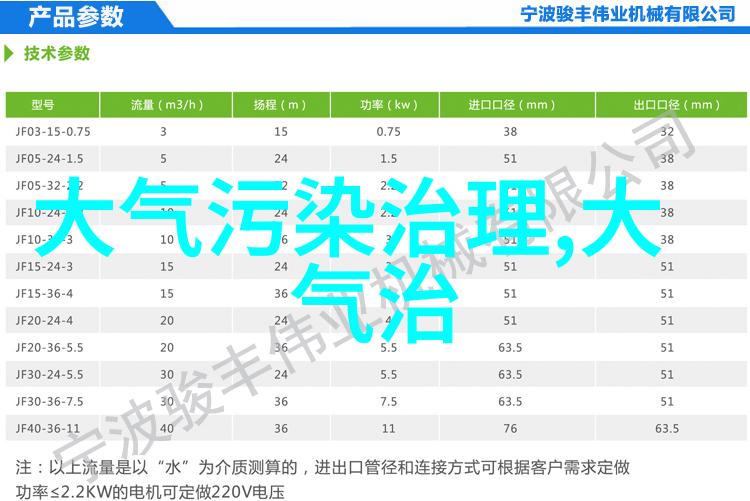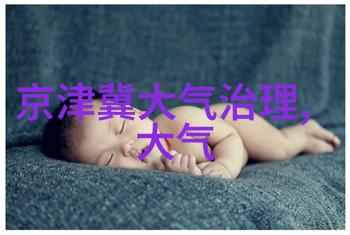严格执行:工业废水排放标准的新纪元

在中国,随着工业化进程的加快,环境问题日益凸显。为了应对这一挑战,国家出台了一系列政策和法规,以确保工业企业能够合理处理其生产过程中产生的废水,并规范其排放行为。其中,“工业废水排放标准”是环保部门制定的重要文件,它为各类行业提供了一个统一的评价体系,使得企业在处理和排放废水时必须遵守。
2018年,由国家环境保护总局(现改组为生态环境部)发布了《污染物综合排放限值》第五次修订,这一修订对于多种化学物质的最大允许浓度(MAC)进行了调整,其中包括重金属、有机污染物等,对于提高工业废水治理水平起到了积极作用。

案例1:钢铁行业
某钢铁厂原先使用的是传统脱硫技术,其脱硫尾气含氮酸盐较高,因此导致下游河流受到污染。在实施新的脱硫技术后,该厂不仅减少了大气中的SO2和NOx浓度,还将脏泥转化为无害产品,从而有效控制了Industrial wastewater discharge standards - Strict Implementation: The New Era of Industrial Wastewater Discharge Standards

Industrial wastewater discharge standards are an important tool for the government to control industrial pollution. In recent years, China has made great progress in this area. With the implementation of stricter regulations and technologies, many enterprises have significantly reduced their environmental impact.
Case 1: Steel Industry

A steel plant previously used traditional desulfurization technology, which resulted in high sulfur dioxide (SO2) and nitrogen oxides (NOx) emissions into the atmosphere. After upgrading to a new desulfurization system, not only did SO2 and NOx emissions decrease dramatically but also hazardous waste was minimized through efficient treatment processes.
Case 2: Chemical Industry

In response to tighter regulations on industrial effluent discharge standards, a chemical plant invested heavily in advanced water recycling systems that allowed it to recycle up to 80% of its wastewater back into production processes. This innovation not only cut down on energy consumption but also reduced the overall volume of waste discharged into rivers.
The new era of industrial wastewater discharge standards has set a precedent for sustainable development by requiring companies across various sectors to adopt environmentally friendly practices and technologies. As these measures continue to evolve and become more stringent, we can expect significant improvements in air quality as well as water resources conservation nationwide.
industrial effluent levels effectively.
案例2:化工行业
面对更严格的“工业废水排放标准”,某化学厂投入大量资金升级其循环利用系统,使得能回收用作生产流程的一些80%以上的废水。这不仅节省能源消耗,而且降低了向河流直接排放的垃圾量。
新时代下的“工业废水排放标准”已经成为推动可持续发展的一个标志性举措,让各种产业都必须采纳环保措施与先进技术。随着这些要求不断完善并变得更加严格,我们可以预期全国范围内空气质量的大幅提升以及对淡水资源保护工作上的巨大成就。




